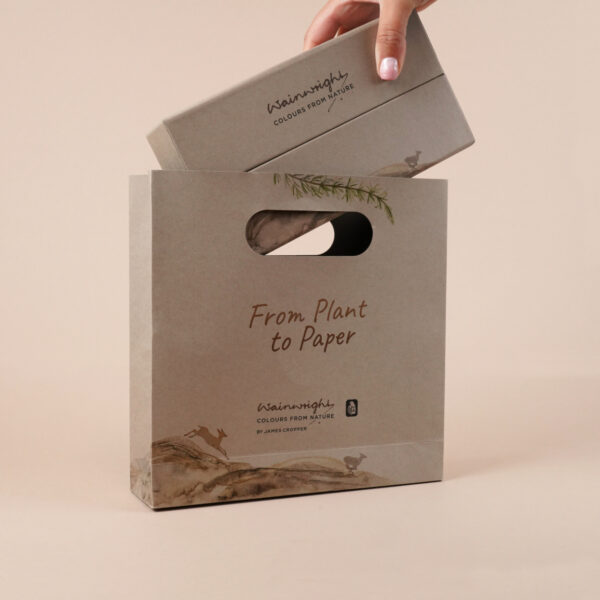We have devised a revolutionary process -with a published patent.
As the fourth largest producer of textile waste in Europe, the UK generates over 200,000 tonnes of textile waste annually, with a mere 10% being recycled and up until now, only pure cotton has been able to be used in papermaking.
The successful pilot project, funded by Innovate UK, saw polycotton waste sourced from the UK’s commercial laundries. With bed sheets currently only used 10 times before being incinerated, the hotel industry has been searching for a sustainable solution, making them the perfect partner.
Early lab trials have shown promising results, with up to 98% of cotton fibres successfully recovered.









